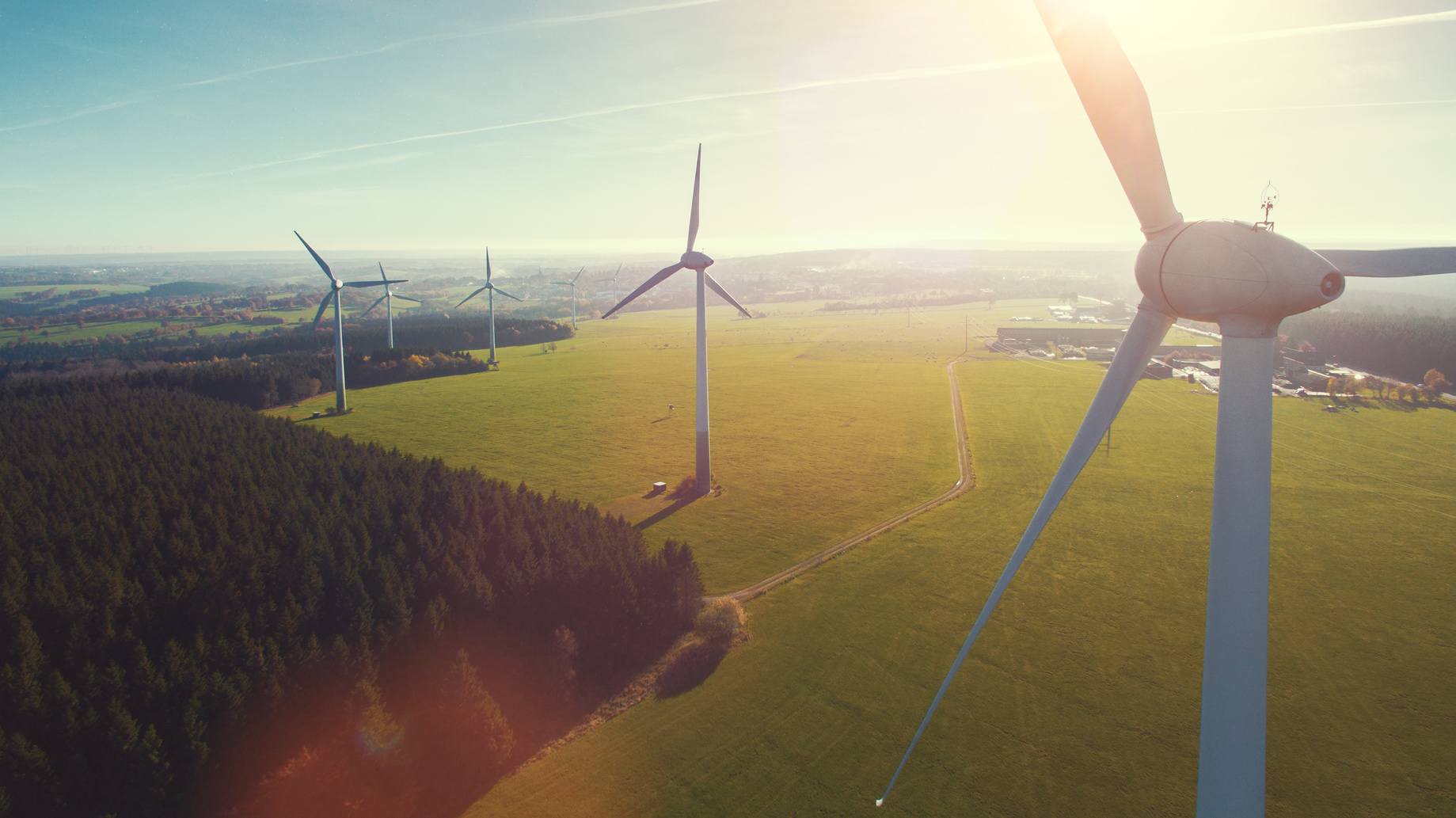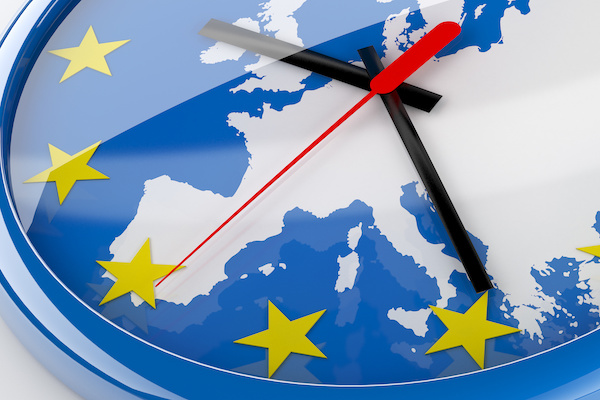15 February 2018
Renewable energy: electricity takes the sector forward


Clean Energy Package, Pluriennial energy programming (PPE), Low-Carbon Strategy (SNCB), Law for a society of trust… Numerous are the work areas for the electricity system in the beginning of this year, with key challenges at to address : the development of renewable energy, the adaptation of networks but also discussions on financing, acceptability at the local level, simplification…
France has set an ambitious target for renewable energy development by 2020 (23% of its gross final energy consumption produced from renewable energy). At the end of 2017 (3 years before the completion date), the share of renewable energy amounted for only 15.7%. But those numbers hide very different situations depending on the renewable sectors.
Development of renewables: France is late…except on renewable electricity!
Thanks to investments and efforts made in the electric system, and by relying on a solid base of hydropower, the renewable energy sources of electricity continues to grow, respecting more or less the trajectory set (19% achieved for 21% expected, mostly because of delays in the completion of the first marine wind farm projects). Thermal renewable energies are growing too slowly, mostly due to constrained public finance on the allocation of the Heating Fund, and to a price of fossil fuels still too low for renewables to find spontaneously an economic place in the district heating systems. Lastly, emerging technologies (biogas, H2 from hydrolysis…) should develop faster to move to an industrial scale and contribute to the French economy’s decarbonation objective, the urgency of which is no longer a debate.
Aiming higher is to meet the expectations of the society
For all, electric renewable energies are from far the most promising. The necessary trajectories for their development to meet citizens’ expectations require an unprecedented pace of deployment. Thus, RTE, the French transmission system operator, estimates that between 1.5 and 2GW of additional onshore wind and solar sectors per year, will be necessary by 2030, implying to hit record in installations and maintain those new levels of performance each year.
All stakeholders are aware of the challenge, especially the the French government which has multiplied initiatives, at the beginning of this year, to streamline the development of such projects (in particular wind farms). In order to address the regrettable reality of industries getting bogged down in procedures and judicial appeals of a rare complexity, the government has continued the simplification of appeal procedures, without harming residents’ rights or environmental objectives. Some measures have already been translated in to the law voted in the Parliament at the end of January. Many working groups or consultations have been initiated by the government on wind energy first, on methanation, and now on solar. In parallel, the French energy regulator (CRE) is considering a framework to support the development of self-consumption.
The whole electric renewable energy ecosystem is under transformation
After ENGIE in 2016 and DIRECT ENERGIE last year, to name just a few, it is now EDF’s turn to announce major investments in renewable production means (several tens of thousands MW). The provisions related to crowdfunding have been improved in 2016 and 2017 under the impulsion of public authorities, allowing proximity access to individuals who would like to participate in this new industrial adventure.
Each sector has set its objectives of growth, all the pieces of the puzzle are now on the table. But for the whole picture to come together, we need an overall vision, which cannot be carried by isolated sectors. Building upon its global and industrial approach, UFE has launched work projects that will bring together the pieces of the puzzle: a broad reflection to limit the costs of connexion of renewable installations to the grid and a better adaptability of the latter to the development faster and faster of the means of production. UFE also initiated workstreams on the long-term sustainability of the investments in the electric system as well as on the preparation of the sector to the digital revolution, for a flexible and decarbonised economy. Those work projects will be conducted in continuous dialogue with the government, as expressed in a letter co-signed by UFE and several members and partners to Sébastien Lecornu, State Secretary to the Minister of Inclusive and Ecological Transition, bringing a shared analysis between producers and system operators.
Electric renewable energies are the most dynamic of renewables and the spearhead of the energy transition. Their development opens up the scope of issues to work on. 2018 will be decisive to raise the shared awareness of the changes needed. In the same way as an immediate and massive decrease of nuclear capacity is now considered unrealistic by all, the fast implementation of large renewable energy capacity will require the mobilisation of all stakeholders, many of whom are gathered at UFE. We bet that the year 2018 will be the year of the consolidation of an energy consensus articulated around an urgent and pragmatic decarbonation of our economy.
Find out more
02 June 2020
“Long live Europe”: it’s time for Europe!
25 February 2020
Brexit: love last 47 years


About us
The Union of the French Electricity Industry is the trade association of the French electricity sector. We bring together companies from the whole value chain of the electricity industry.
Find out more










